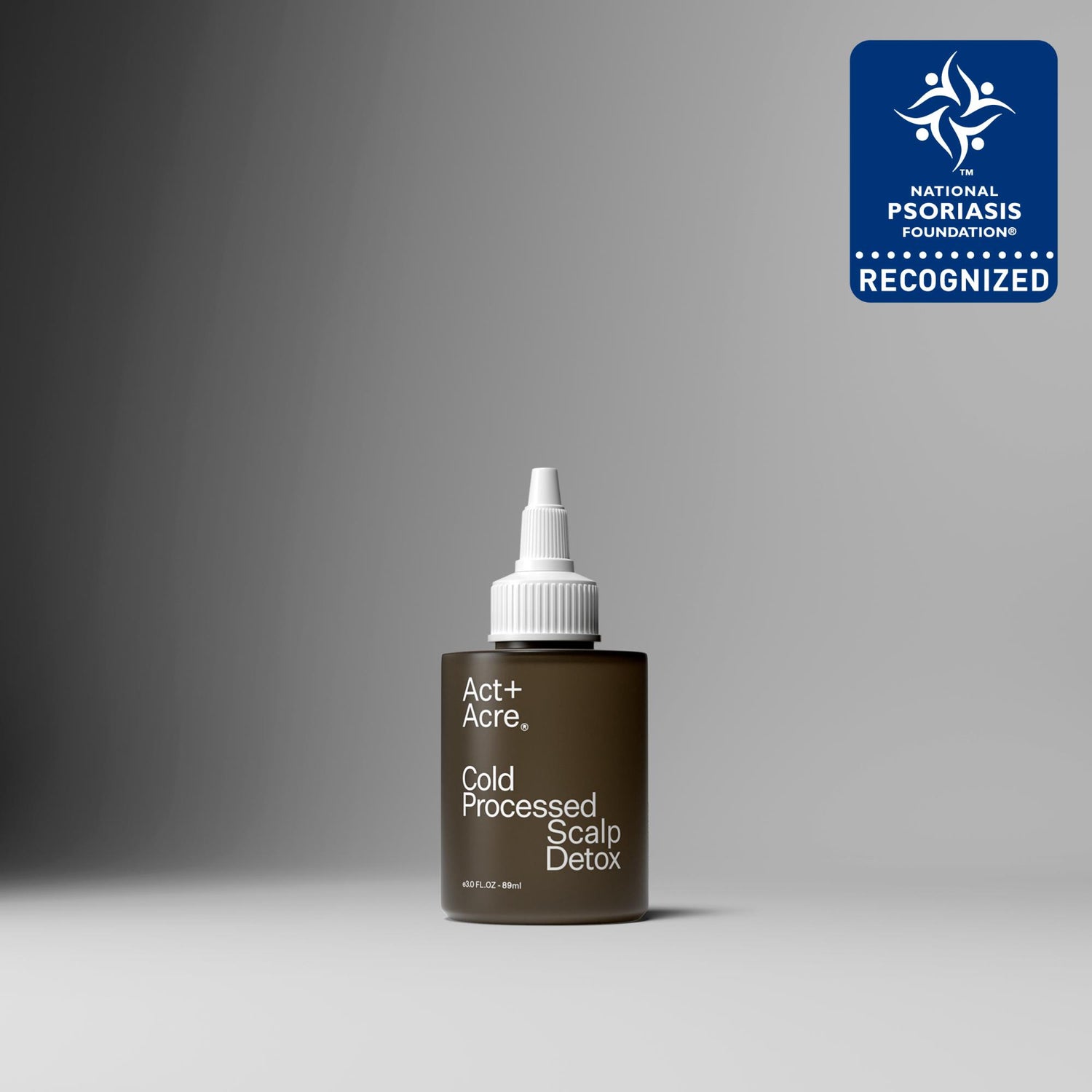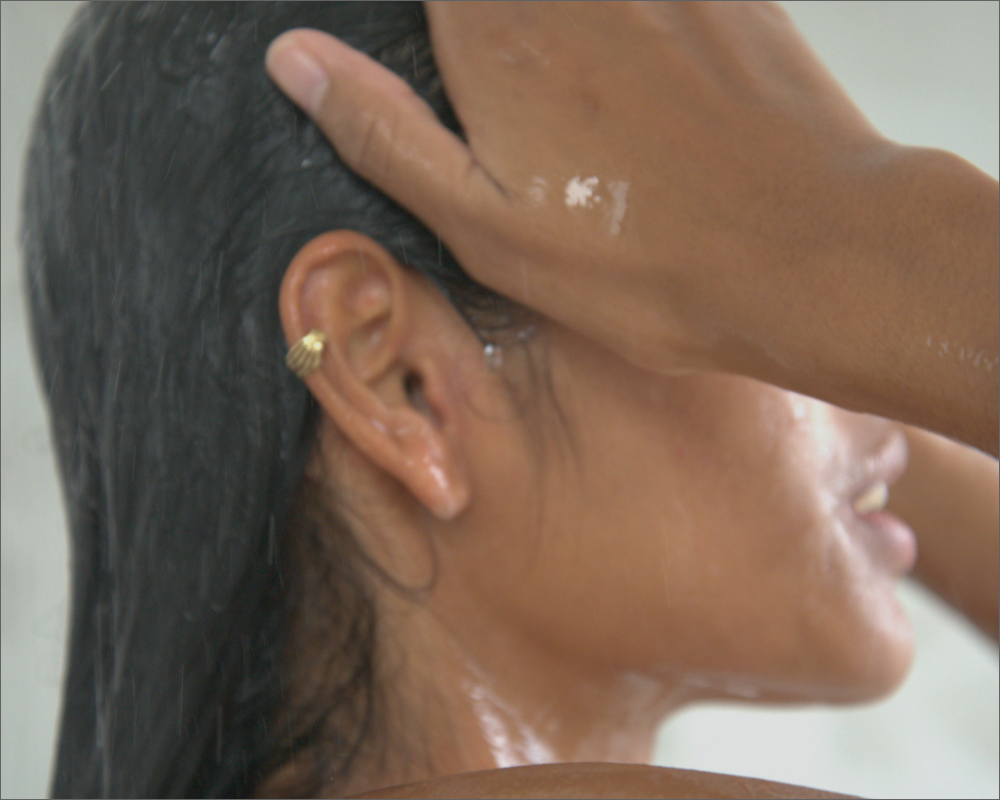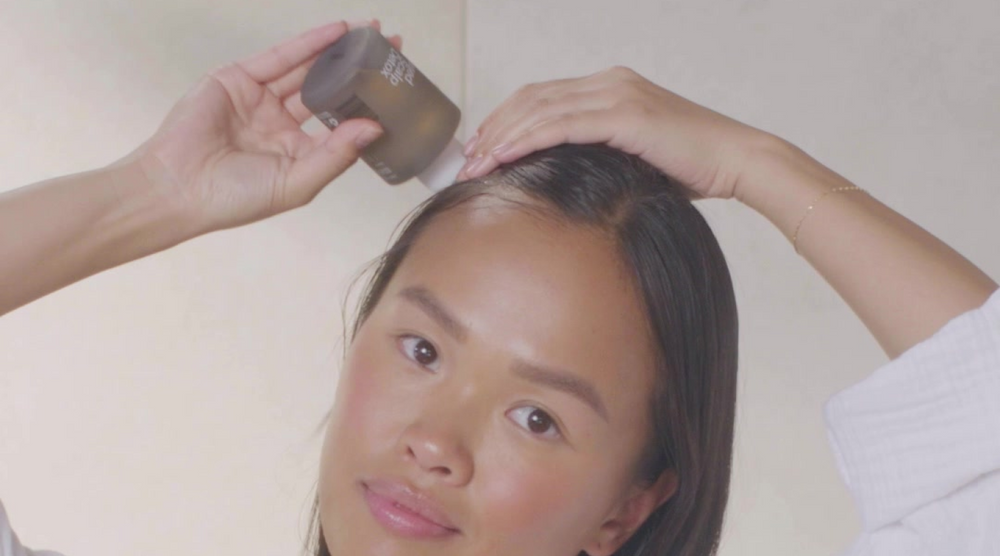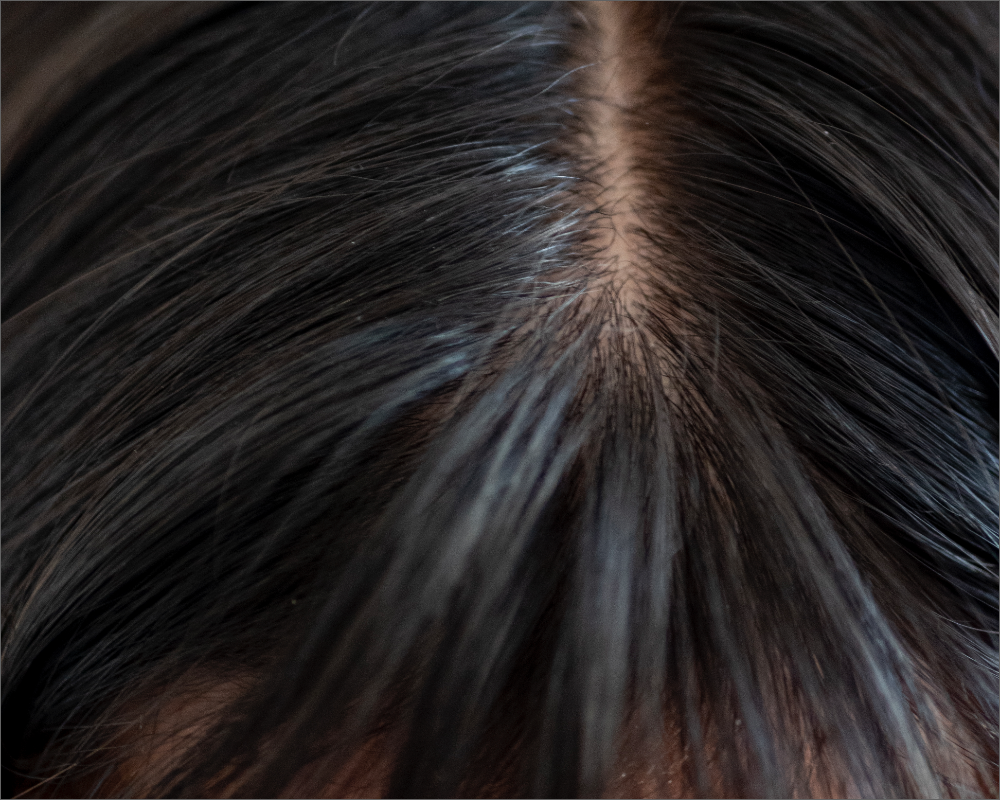

It's easy to forget, but the skin on our heads is as delicate as that on our faces. In fact, scalps age 6-20 times faster than facial skin. So, as well as investing in an in-depth skincare routine, why not invest in your scalp? After all, a healthy scalp leads to healthy hair.
An Unhealthy Scalp can Obstruct Hair Growth
Some basic science for you: hairs grow out of the follicles on your scalp. Along with hair however, follicles produce sebum (an oily secretion)—an amount that varies, dependent on each person. What doesn’t vary is that too much oil can clog follicles, meaning hair quality is impacted negatively. On the flip side, a lack of oil produces dandruff, which in turn can also block follicles. Here’s a scary thought: a permanently blocked follicle can stop growing any hair at all! Hair loss is normally hereditary but having an unhealthy scalp can speed up the process by up to 10 years.
Dry Scalp = Itchy Scalp
Ever wonder why your head feels so itchy? It’s probably because your scalp isn’t balanced. Sweat, pollution and oil all cause bacteria to fester, which leads to discomfort and itchiness. The main cause of bacteria on your scalp however, is product buildup—imagine a layer of product laying on top of your skin. Any beneficial nutrients you put on top of that layer can therefore not reach your scalp or hair root. Enter—a weekly scalp detox.
Bad Hair Day? It’s Probably Because of your Scalp
“You can tell straightaway why the hair isn’t styling properly,” Helen Reavey, founder of Act+Acre, says of how underlying scalp irritation can affect things like shine, volume, and bounce. Reavey goes on to say that she has seen irritation cause flaky, raw, and inflamed scalps, which will eventually lead to serious hair issues such as breakage, hair thinning, and most severely premature hair loss.
In summary—treat your scalp like you treat your skin.










